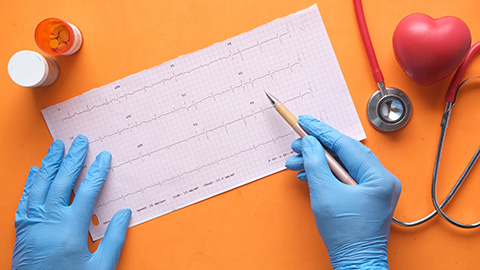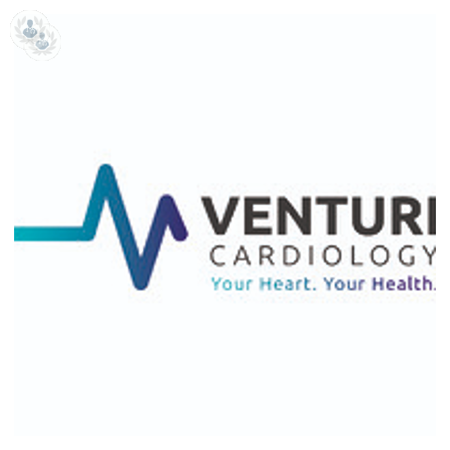Heart tests for Cardiology
Coronary heart disease is one of the leading causes of death in the UK, and there are a number of heart tests designed to detect cardiovascular risk at an early stage. These include ECG (electrocardiogram), echocardiogram, coronary angiogram, CT coronary calcium score, and blood tests, among others. By undergoing these tests, cardiologists can detect the signs of heart disease, and possible heart defects and conditions, and put in place the necessary treatment plans to counteract this. The earlier that coronary heart disease is detected, the better the chances of reducing this risk significantly.

What are heart tests?
What do they consist of?
-
ECG (electrocardiogram) - a diagnostic test that measures the rhythm of the heart, the rate of beats, and the electrical activity of the heart.
- Echocardiogram - this is a kind of ultrasound image of the heart, that is used to view the structure of the heart, the chambers, and the valves, to detect how they are functioning.
-
Coronary angiogram - this is another kind of imaging test, this time using X-ray imaging. A contrast medium dye is injected that allows the blood circulation around the coronary arteries and blood vessels to be visualised.
- CT coronary calcium score - a computer tomography test using X-ray to build a multi-angle view of the heart, to detect the calcification of blood vessels and arteries, among other things.
-
Blood tests - blood can be taken for many number of reasons. One of the reasons in terms of heart tests, is to assess the functionality of the organs, particularly the heart, and can detect the existence of disease and infection.
How do you prepare for heart tests?
What happens if you have abnormal test results?
Depending on the severity of the heart disease, medication may be prescribed, and in some cases, surgical intervention may be required.



